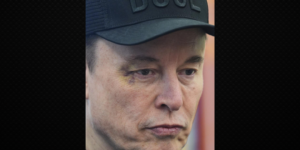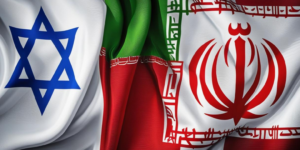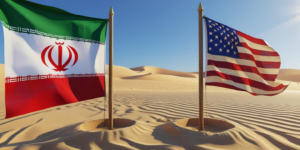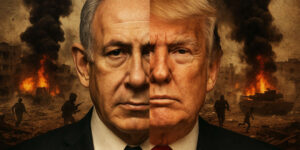‘It’s a Miracle I’m Alive’: Thousands of Holocaust Survivors Crush Hate With Love
After enduring the atrocities of the Holocaust in World War II, thousands of survivors are on mission to share their message of love and peace.
“It’s a miracle I’m alive,” says Reuwen “Ruby” Sosnowicz, 91. “I pray only to be at peace in the world,” he tells host Chris Johnson on the Remembering the Holocaust series on the Charisma Connection podcast.
During the war, music was therapy for Sosnowicz, a musician who plays accordion and keyboard and has performed in several orchestras and in plays and movies. Together with another survivor, Saul Dreier, who plays drums, they formed the New Holocaust Survivor Band, thenewholocaustsurvivorband.
“Music really helped him to survive moments of unimaginable evil,” says his daughter and caretaker, Chana Rose Sosnowicz, who believes God has a “beautiful purpose” for the band, of which she is also a part. The band also attracted survivor’s children who were interested in being in the band. The band plays in venues in the U.S. and overseas, including in Poland.
When The New York Times heard of the band, they created a short documentary, which won an Emmy.
“The hands of God have been all over this mission,” Chana Rose says.
Several documentary makers contacted them, and Saul & Ruby, To Life! was born. It won the 2020 Grand Jury prize at the Miami Jewish Film Festival, and Samuel Goldwyn Films is now distributing the film.
Another survivor, Norman Frajman, 90, grew up in Warsaw, Poland, just as Sosnowicz did. Frajman came from what he calls “a loving and well-off family,” he also says on the Remembering the Holocaust series on the Charisma Connection podcast. But, taking into account his extended family, Frajman says he came out of the war “minus 126 people who were murdered in cruelty.”
He was in the Warsaw Ghetto almost from its inception and later was in three other concentration camps. He was liberated May 8, 1945, which he considers a “rebirth.”
“People asked me how did I survive,” Frajman says. “It’s not because of my wisdom nor my strength nor anything. It was strictly an act of providence and nothing else. The person up there wanted me to live. The older I get the more I realize why, because I am here, really, to share with the young people, and I, most likely, whether right or wrong, I am the one who speaks for those whose voices have been silenced, and this is a mission in my life. And I’m here to preferably leave a legacy to the younger generation so this tragedy does not repeat itself.”
Today, Frajman frequently speaks to young people seventh grade and up.
“Young people cannot comprehend the atrocities that were done,” Frajman says.
Both Sosnowicz and Frajman are blessed to receive services through the NOW for Holocaust Survivors initiative. They are among the 12,000 to 15,000 survivors who live in Palm Beach County, Florida. Five thousand of them live under the poverty line.
Christian Women for Israel (CWI), a program of The Esther 414 Foundation, is working with the NOW initiative to meet the needs of these survivors. These modern-day Esthers are also enlisting support from Christians who want to share a simple Hebrew blessing with a survivor through their website, esther414.org.
Frajman points to the physical needs of Holocaust survivors, but most of all, to the need for “understanding of what we went through,” he says.
“There are many nights, I’m told, that I cried out in my sleep, and the fact is, they took me out of camp, but didn’t take the camp out of me,” he adds. “This is something that stays with you the rest of your days. You take it with you to your grave.”
Both Sosnowicz and Frajman are afraid history will repeat itself. They’re doing their part to make sure such a genocide doesn’t happen again to the Jewish people or anyone else.
“We must leave a legacy to the younger generation, and I’m stressing that again and again,” says Frajman, who received the Citizen’s Medal of Honor from former Florida Governor Rick Scott in 2016. “They must know what human beings are capable of if they do not squash hatred. I often speak to students and say, ‘Just cross it out of your vocabulary just like it never existed because it was a cause of all the problems.’ That four-letter word of ‘hate’ is replaceable with another four-letter word, ‘love.'”
For more from these two inspiring Holocaust survivors, click here and here.




























































